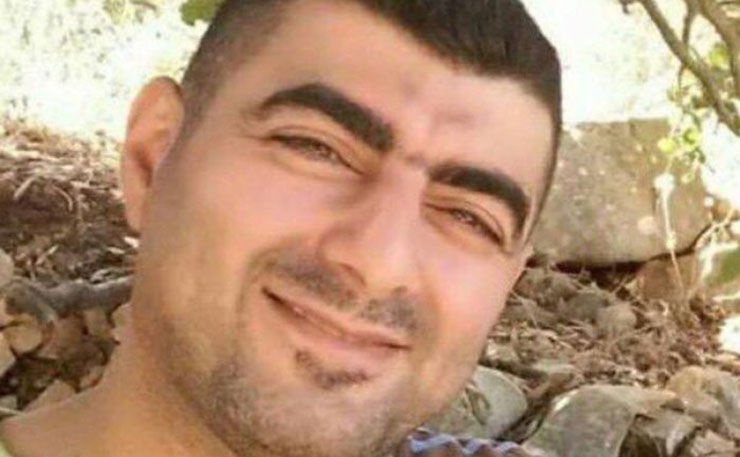The bravery of one man in Beirut is a cause for hope after a week of bloodshed, writes Max Chalmers.
In times of tragedy it’s often said the best and worst of human instinct are displayed in unison; acts of horror and brutality inversely inspiring bravery, compassion and selflessness.
This week the former category has been on display. In Beirut, Baghdad, and Paris close to 200 people have been killed in a series of strikes intended to target civilians. Hundreds more have been injured in violence that took place at a mosque, a funeral, a football stadium, a music venue, and several bars and cafes.
But now, as the horrific details of these incidents are made clear, other very different moments have started to be documented too.
From the wreckage, the first story of heroism emerged over the weekend, earning global attention.
After the first suicide bomb exploded in the Beirut suburb of Bourj al-Barajneh on Thursday a crowd gathered to see what had happened, only for a second attacker to strike.
But the fatalities of that cruel follow-up would have likely been far higher if not for the efforts of Adel Tormous. Seeing the second bomber approaching Tormous rushed over, tackling the man and causing his explosive device to detonate, killing both in the process.
Speaking to PRI’s The World program, Beirut doctor and blogger Elie Fares said the moment of heroism had become a unifying story for Lebanon, a country with a delicate religious and ethnic balance that has been relatively stable for the past year.
“The thing about the attacks this time is there is a national sense of unity behind it and Adel Tormous is a pronounced figure today,” Fares said. “I’ve seen him all over my Facebook timeline, people were discussing at my workplace today. He’s become famous.”
Stories like those of Tormous’ are important on one level simply for reminding us that even in the darkest moments, human beings are capable of incredible goodness. Equally, though, they complicate the broader narratives that are developed in the conversations around tragedies like those in Beirut, Paris and Baghdad.
With Islamic State claiming responsibility for much of the killing, the place of Muslims living in the west will again come under scrutiny, as will the rights of refugees and migrants. Broad and externally imposed identities will be used to delegitimise appeals to human rights. The application of these tropes will ignore the diversity, the contradictions, and the vast differences in personal experience and beliefs of the people boxed into such categories.
In that way Tormous’ bitter-sweet story takes on a similar value to that of Lassana Bathily’s, the 24-year-old Parisian Muslim who helped save several patrons of the kosher grocery store he worked at during the Charlie Hebdo attacks. Bathily became a global symbol of hope and solidarity after he sheltered customers in a cooling room, protecting them from the gunman and, like Tormous, ensured they would return safely to their families. He hadn’t been a French citizen at the time of the attack.
The moment of moral courage confounded portraits of Muslims and immigrants as intolerant or violent, exposing the hateful simplicity of a ‘clash of civilisations’ approach to the episode many were tempted to take.
It’s worth nothing then that Tormous was reported to be a member of Hizballah. In the wake of his death a number of international reports on the Beirut attacks have been criticised for describing the areas hit as a ‘Hizballah stronghold’ – thus potentially excusing or justifying the violence – and ignoring Tormous’ affiliation with the group when recording his heroic deed. Usually on the wrong side of the ‘war on terror narrative’, linking the group to an act of moral courage was evidently too difficult for some outlets.
In Australia the attempt to hold that narrative together continues, and efforts to portray the world by dividing it into simple ethical spheres, as opposed to complex intersections of geopolitical interest, will get a kick of the tragedy in Paris in particular.
That’s what makes the stories of Tormous and Bathily so powerful.
They keep a check on the worst human impulses, both of the terrorists they help foil, and the people reading about them around the world.
Adel Tormous deserves to be remembered. If he is, we’ll all be better off for it.
Donate To New Matilda
New Matilda is a small, independent media outlet. We survive through reader contributions, and never losing a lawsuit. If you got something from this article, giving something back helps us to continue speaking truth to power. Every little bit counts.





